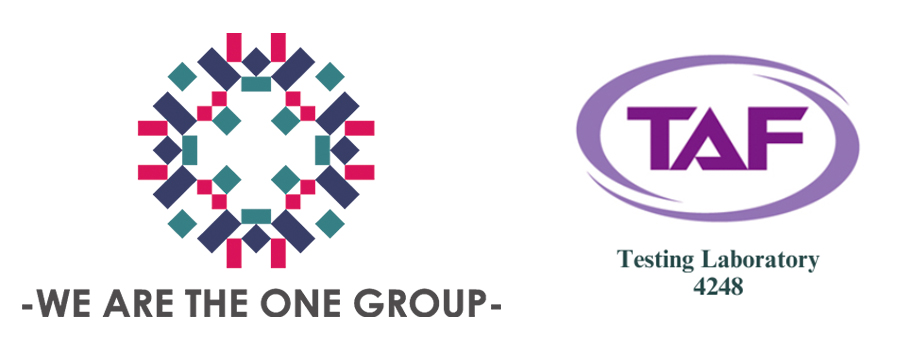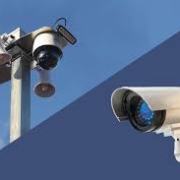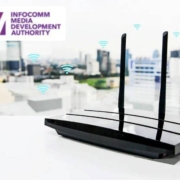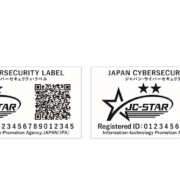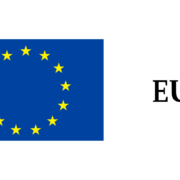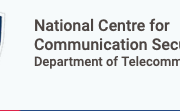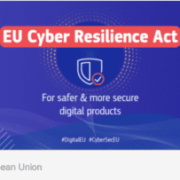JC-STAR Security Labeling Program Updated: ★1
The Information-technology Promotion Agency (IPA) of Japan has officially released the updated version of the JC-STAR Security Labeling Program (JSM-02 and JSM-02-A) as of March 2025. The latest revision clarifies the application process and documentation requirements, especially for the ★1 level — a foundational cybersecurity label designed for general-purpose IoT devices.
🔍 ★1 Label Now Accessible via Self-Declaration
Manufacturers aiming to obtain the ★1 JC-STAR label can now apply through a self-assessment process, without the need for third-party evaluation. Applicants are required to assess their product’s compliance with IPA’s published security standards and submit a checklist along with the required documentation.
📄 Key Application Documents Include:
- JC-STAR Security Label Application Form
- Application Confirmation Letter (signed/stamped)
- Corporate Registration Certificate (issued within 6 months)
- Security Requirements Checklist (Check List)
- Etc.
Documents should be prepared in Japanese; English is accepted in certain cases, but the applicant must ensure Japanese language support for communication with IPA.
💰 Fees and Timeline
The application fee for ★1 (Level 1) is 198,000 yen (tax included).
However, for applications received from the start of the application acceptance period until September 30, 2025, the fee will be cheaper. Details please contact our specialist.
Please note that this fee does not include evaluation costs paid to evaluation bodies or verification organizations like The One.
The application fee should be paid after your application has been accepted.
Also, please be aware that once paid, the application fee is non-refundable.
🌐 Official Website and Resources
For full guidelines and updated document templates, please refer to the JC-STAR official website:
🔗 https://www.ipa.go.jp/security/jc-star/index.html
The One provides every assistance you need to apply for JR-Star.
For further inquiries, please contact:
Email:Charles.liao@theonelab.co
Phone:(02)8601-2828
